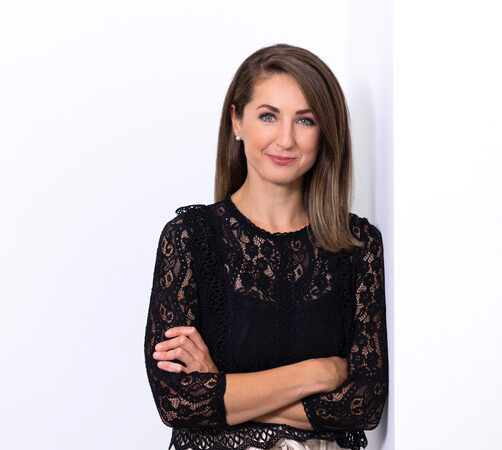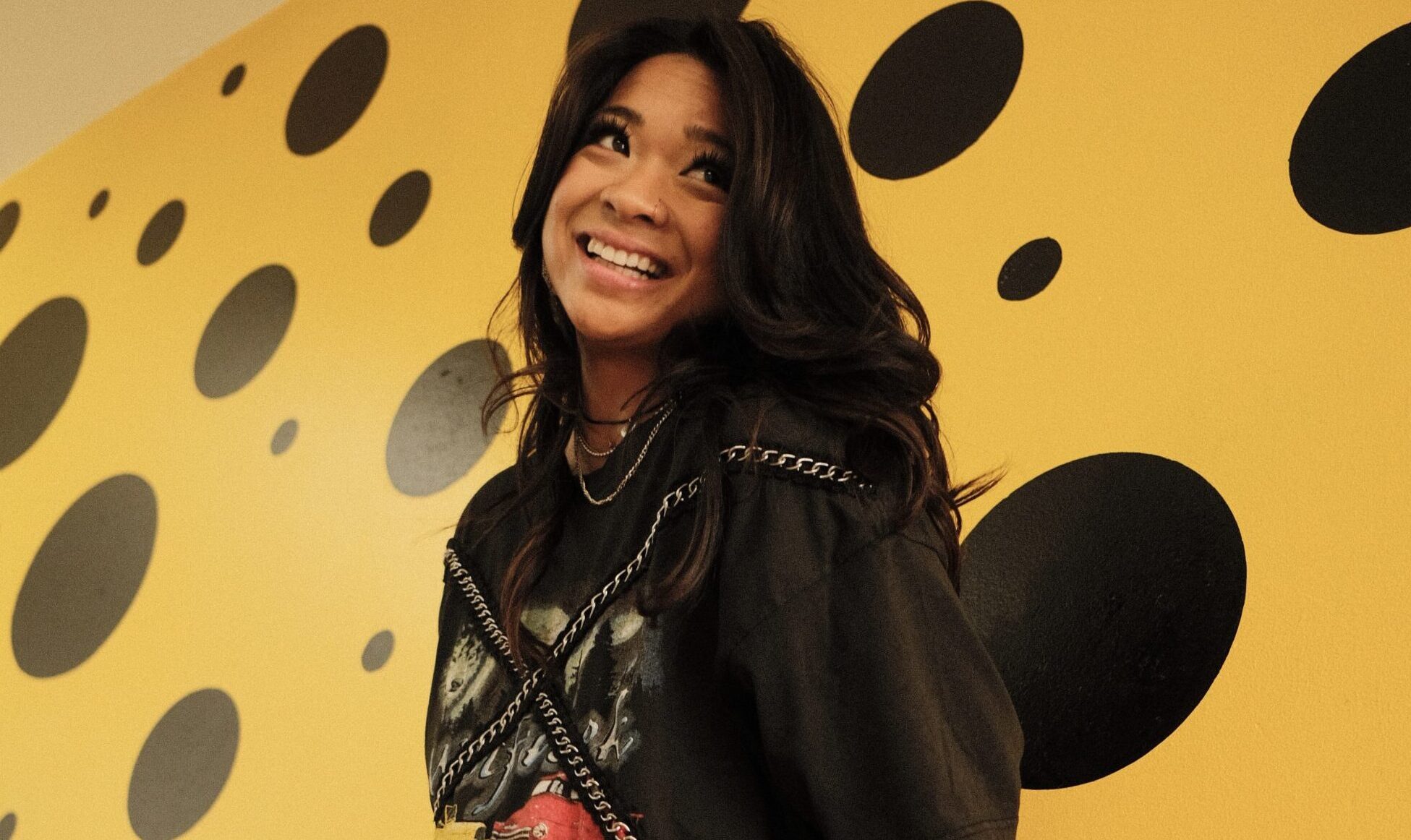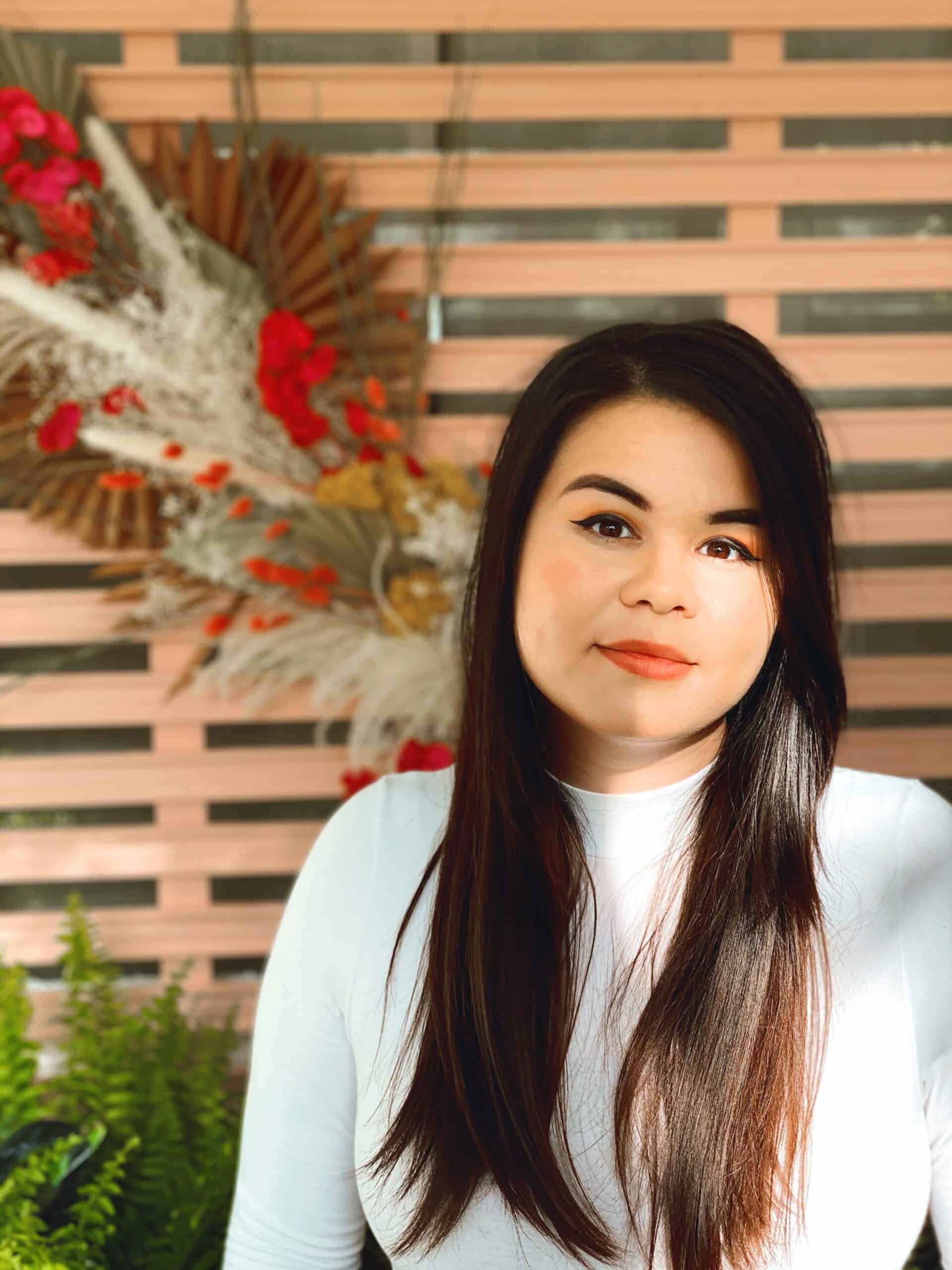Meet Claudia, the founder of Cedenu, a brand on a mission to revolutionize period hygiene while tackling plastic pollution in fashion. Cedenu isn’t just about selling products; it’s about spreading awareness and promoting conscious consumerism. Claudia’s vision goes beyond creating underwear – she’s building a community dedicated to sustainability. Join us as we chat with Claudia about her journey, the challenges she’s faced, and her aspirations for Cedenu’s future.
What specific challenges did you encounter while establishing Cedenu, particularly in addressing plastic pollution in the fashion industry?
We see that plastic pollution in fashion is still an overlooked issue when it comes to fashion. Particularly when fashion brands promote their collection aesthetically the sustainability factor is left out, and with that the information about ingredients like plastic. I think the problem is not that consumers don’t want to know this, it is more that brands don’t provide much information and rather focus on selling. That is why with Cedenu we didn’t want to create another brand that is just selling products, but rather create a space where we spread awareness about plastic pollution and the textile supply chain, so consumers can make better buying decisions. Yet there is the challenge of fast fashion where it is challenging for sustainable brands to stand out. Therefore we think it is necessary to keep educating, let people know that 70% of all clothing worldwide is made of plastic like Polyester or Nylon and this has an impact on their bodies and the environment. Furthermore this needs to be supported by juridical regulations, which finally are coming slowly in the EU with the Green Deal. We hope to see regulations happening worldwide, so sustainable brands have a real chance.
How do you balance the creative aspects of your business with the need for sustainable practices?
I think being a sustainable brand doesn’t rule out being creative. Actually quite the opposite. If you want to stand out, you need to find a creative way to tell your story. For us this means connecting the nature with aesthetic designs that are fun to wear – without leaving out the sustainability aspects. We strive for biobased materials and ingredients in our underwear and we take our inspiration from vivid colours of the wildlife. We think it’s time to reconnect with nature and with this we can learn so much about plants that can be used for making fashion. We are still in the early phase of innovative biobased materials and processes. There are many inventions on the go already as dyeing with microrganisms — to plant based leather or fur and replacing plastic fabrics with biobased options. It is an exciting time as demand for sustainable practices is rising – especially in the EU with regulations establishing.
What advice would you give to aspiring entrepreneurs looking to start a business with a strong focus on sustainability?
Besides doing proper market research to find your niche and target audience, I think it’s vital to have a story behind your vision – why are doing it and how can it benefit consumers / environment? Selling products only is not what a sustainable brand must offer, you need to stand for something bigger and don’t compromise on your ideas. From my point of view if you really want to be sustainable you need to have a holistic view on the supply chain. You can’t just focus on one part – the product, but rather look at all the stages: from sourcing to manufacturing, to use and end of life to the product. That is why thinking in a circular economy is so important. As sustainable changemakers we are responsible to design durable products that can be recycled over and over again and that are aesthetically, comfortable at the same time. That means giving so much more thought and work into the product design and the materials you are going to use. This also means being transparent to your audience from the beginning on. There will be matters where not everything will be there, you might miss some data or you might still work on some sustainable aspects – no matter where you stand, always communicate this. That will build trust with your target group.
Cedenu aims to revolutionize the hygiene market with reusable underwear. What steps do you take to educate consumers about the benefits of reusable products and the impact of single-use items?
Through our channels, as the Cedenu website Blog, and on social media mainly – Instagram and TikTok – we have started to focus on sharing educational content. With this we have developed three main topics: plastic pollution, textiles and body health issues. These main pillars give a holistic view on what impact fashion has on the environment and als on your body. In the future we are planning to cooperate with doctors who are talking about body health topics . We also plan on establishing Cedenu community events to help our customers and consumers to understand these topics better and being able to connect with others.
How do you approach product design and development to ensure both functionality and sustainability?
We take the circular product design approach for this. The focus is on thinking about the end of the product’s life and how it can be recycled right from the design approach. On the one hand, this means using as few resources and materials as necessary to produce the product and ensuring that quality is the priority so that the product can be used for as long as possible. We implement this by using high-quality materials that we take in a pure form (meaning 100% of the fiber) or, at most, with a second plant based fiber, so that the end product can then be recycled in high quality. We also make sure that the fiber is performant and flexible enough to meet the products criteria. We then ensure this by having a testing phase with the fabrics in form of a prototype. We also make sure that we do not use conventional plastic, so that petroleum-based resources are spared and, in the event that the products do end up in a compost heap, the damage is minimal compared to plastic-based textiles. Besides this, in a circular way we want that our products are not thrown away and be kept in the loop. To ensure this we will offer a take back service with a partner who then will be able to recycle the products or upcycle its parts.
Building a community around sustainable fashion and conscious consumerism is a key aspect of Cedenu’s mission. How do you engage with your audience and foster a sense of community?
First of all we are trying to understand our audience, here we are still in the learning phase as we just started. This means trying different formats on social media – asking questions, testing various content forms. We focus on creating relevant content that address the impact of textiles, plastic pollution and body health. That means sharing scientific facts about these topics and give relatable examples to make it easily understandable. We try to encourage by asking questions and ask for opinions. While we are still building up our community there is much to come, such as community challenges, exclusive content and feedback from the community so we can grow and learn. We will also work with User-Generated Content and lookout for consumers who focus on living a more sustainable lifestyle.
What strategies do you employ to stay updated on the latest advancements and trends in sustainable fashion and circular economy practices?
We connect with experts on these matters and we also work together with R&D companies who are innovating on sustainable fashion. We are also following initiatives that are giving a great example as Stella McCartney or Collective Fashion Justice. There are many out there, that are doing great work to spread the word about sustainable fashion.
Can you share any memorable success stories or milestones that Cedenu has achieved in its journey towards sustainability?
Yes, although we have just started our journey, we are proud that we’ve been honoured with the social impact award by the i2B challenge. This gave us a boost and sign on being on the right track with our vision.
Looking ahead, what are your aspirations and goals for Cedenu in the coming years, both in terms of business growth and environmental impact?
This year means for us focusing on finishing the product development and launching, so there is a lot to come and we are excited to be on the market, after developing the idea for one and half year. Our products will first be available in Europe, in the upcoming years we want to expand further. We will keep on going with our educational content and spread more awareness to grow our community further.






